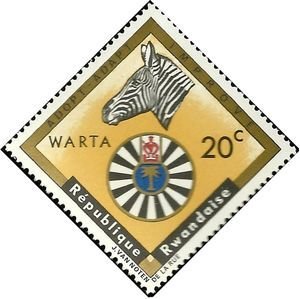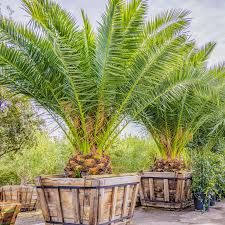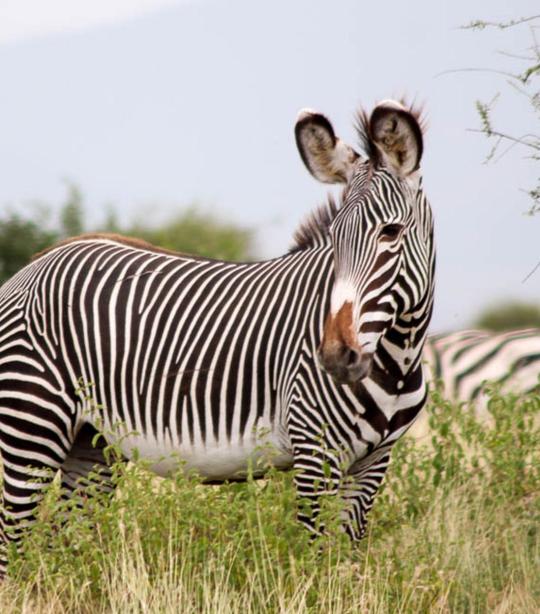Stamp: Plains Zebra (Equus burchelli), Emblem of Organization "WART (Rwanda 1967)
Plains Zebra (Equus burchelli), Emblem of Organization "WART (Rwanda 1967)
01 January (Rwanda ) within release Warta goes into circulation Stamp Plains Zebra (Equus burchelli), Emblem of Organization "WART face value 20 Rwanda santime
| Stamp Plains Zebra (Equus burchelli), Emblem of Organization "WART in catalogues | |
|---|---|
| Michel: | Mi:RW 226 |
| Stamp Number: | Sn:RW 219 |
| Belgium: | Bel:RW 213 |
Stamp is square format.
Stamp Plains Zebra (Equus burchelli), Emblem of Organization "WART it reflects the thematic directions:
The Arecaceae is a family of perennial, flowering plants in the monocot order Arecales. Their growth form can be climbers, shrubs, tree-like and stemless plants, all commonly known as palms. Those having a tree-like form are called palm trees. Currently, 181 genera with around 2,600 species are known,
most of which are restricted to tropical and subtropical climates. Most palms are distinguished by their large, compound, evergreen leaves, known as fronds, arranged at the top of an unbranched stem, except for the Hyphaene genus, who has branched palms. However, palms exhibit an enormous diversity in physical characteristics and inhabit nearly every type of habitat within their range, from rainforests to deserts.
Zebras (US: /ˈziːbrəz/, UK: /ˈzɛbrəz, ˈziː-/) (subgenus Hippotigris) are African equines with distinctive black-and-white striped coats. There are three living species: Grévy's zebra (Equus grevyi), the plains zebra (E. quagga), and the mountain zebra (E. zebra). Zebras share the genus Equus with horses and asses, the three groups being the only living members of the family Equidae. Zebra stripes come in different patterns, unique to each individual. Several theories have been proposed for the function of these patterns, with most evidence supporting them as a deterrent for biting flies. Zebras inhabit eastern and southern Africa and can be found in a variety of habitats such as savannahs, grasslands, woodlands, shrublands, and mountainous areas


